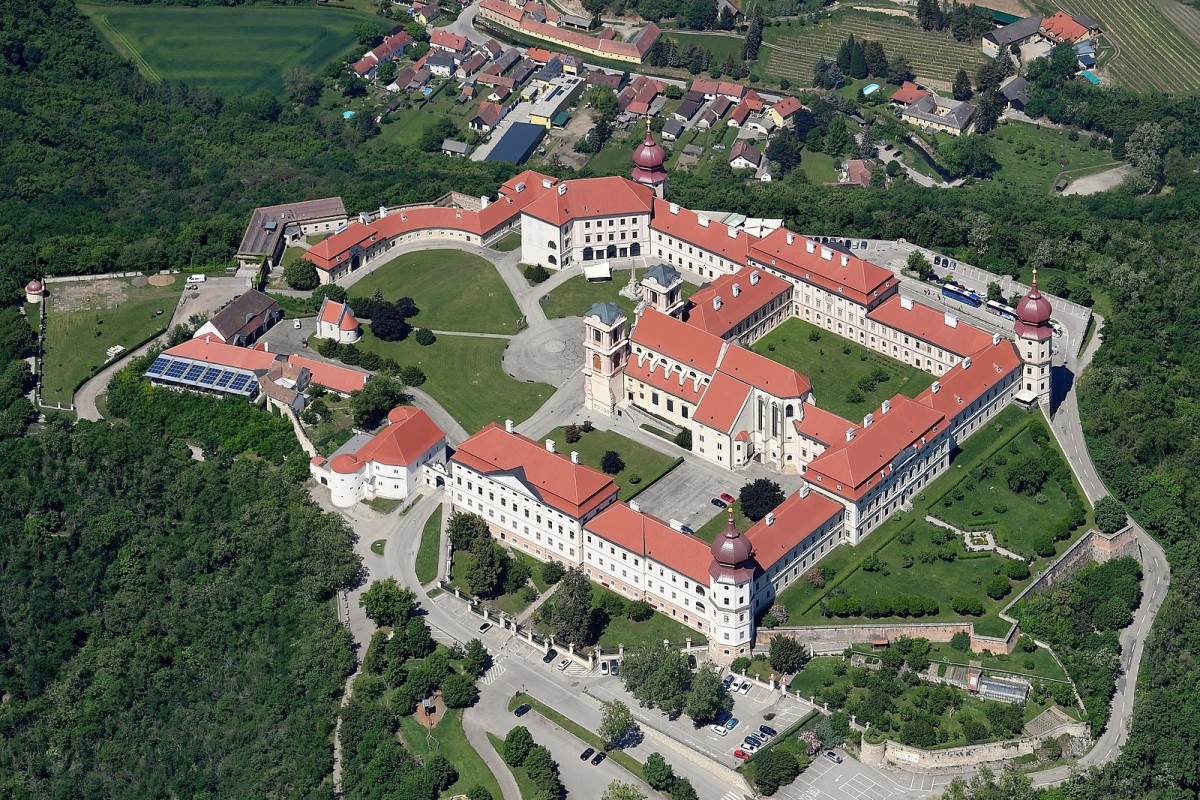Sponsored Content
European Forum Wachau: Building a Resilient, Green, and Competitive Europe
The event under the general theme "Building a Resilient, Green and Competitive Europe" takes place for the 27th time. This year, the Europa Forum Wachau invited top-class guests to discuss the most important European issues. Among others also the topic of illegal migration, the war in Ukraine, and the Euro-integration of the Western Balkan states.
 The venue of the Europa Forum Wachau is the Göttweig Abbey in Lower Austria / Picture: © Wikimedia Commons / Carsten Steger/ CC BY-SA 4.0 (https://creativecommons.org/licenses/by-sa/4.0)
The venue of the Europa Forum Wachau is the Göttweig Abbey in Lower Austria / Picture: © Wikimedia Commons / Carsten Steger/ CC BY-SA 4.0 (https://creativecommons.org/licenses/by-sa/4.0)
In the run-up to this year's event, Governor Johanna Mikl-Leitner emphasized the importance of the EU and its need to develop in the right direction. She pleaded for an EU of peace, freedom, and competitiveness, instead of a union of commandments and prohibitions. The Europe Forum Wachau and Europe-wide efforts should help to create an "alliance of the sensible" and to shape a Europe…
or Log In
Fast News Search





